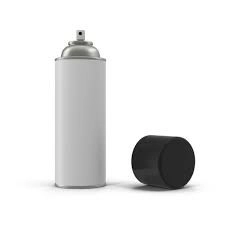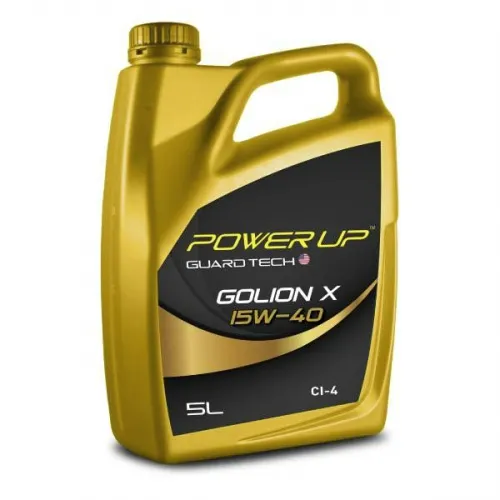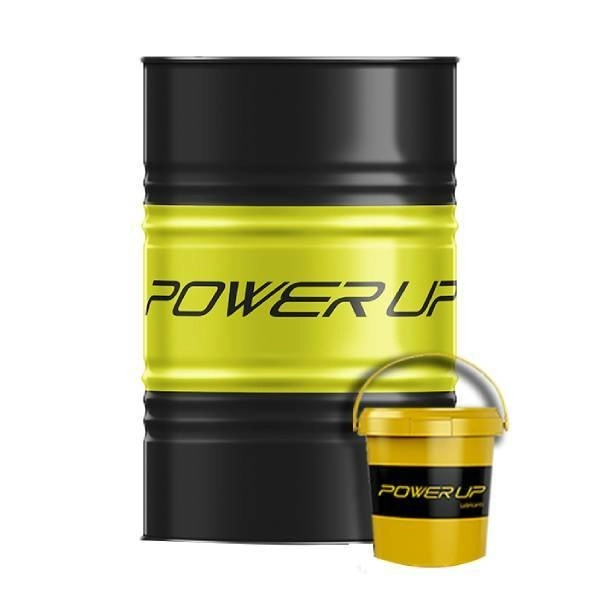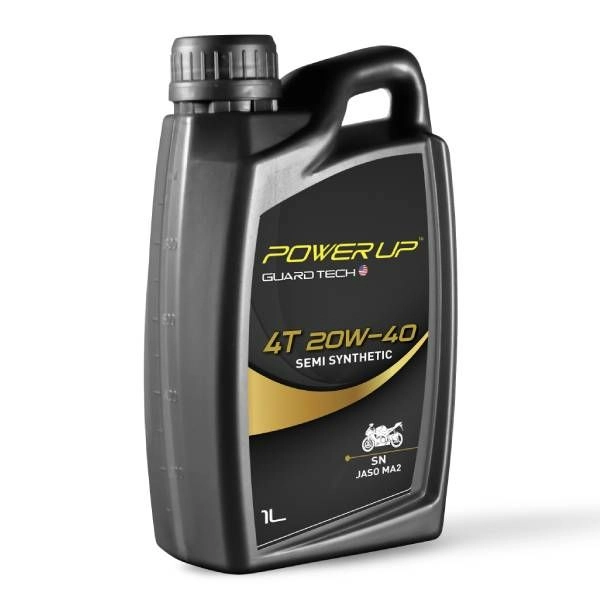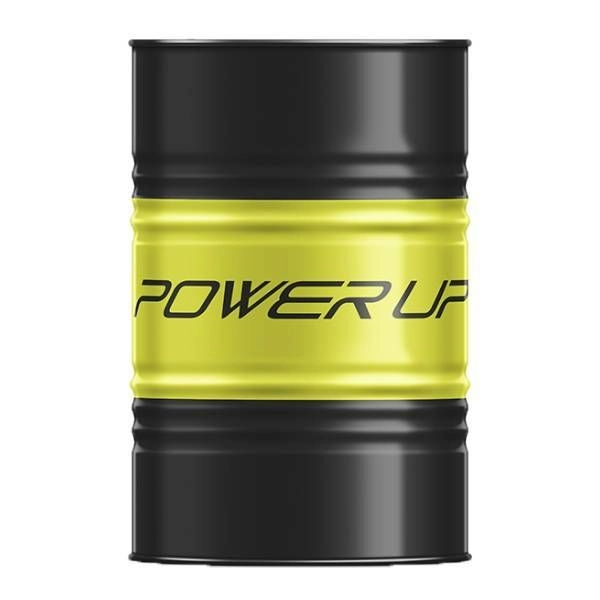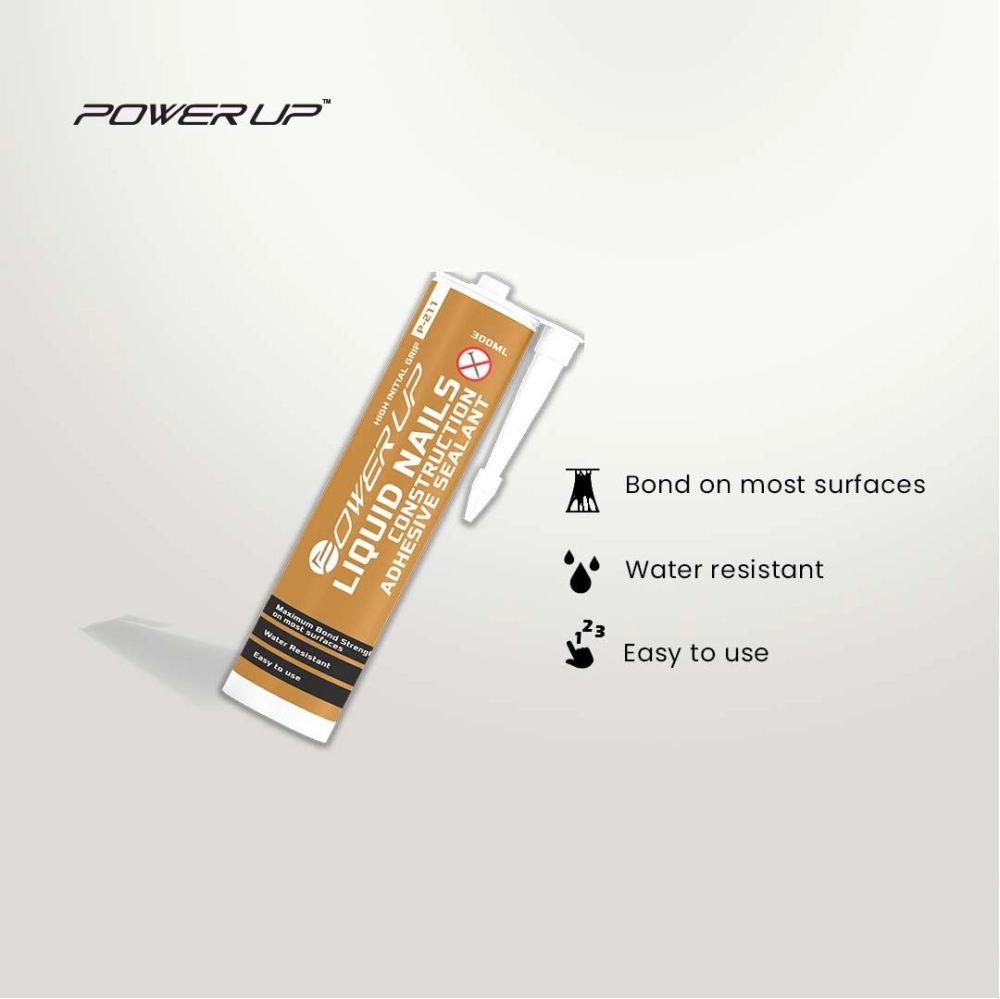How To Choose the Right Motor Oil for Your
Consider: Your Location
The realities of where you live and drive matter when deciding what type of motor oil is right for you.
Are you driving in extreme heat or cold? Is much of your driving done on unpaved roads? Is it relatively flat or hill after hill?
The conditions that can put a strain on your car tend to use up the oil quite a bit faster, which means you may want to opt for synthetic or synthetic blend or, if you’re devoted to conventional oil, change it more regularly.
Consider: Your Driving Habits
Maybe you’re a bit of a lead foot or a “sportier” driver. Maybe you do a fair amount of towing with your vehicle or you’re just using your car for frequent short jaunts.
Maybe you use heavy throttle on occasion. Each of these scenarios is a great reason to use synthetic or synthetic blend oil.
You can take it a step further (if you find it’s within your budget) and look for oils that include specific additives and properties to work more effectively for you, depending on how you drive.
For example, some oils are developed for use with diesel engines, high-mileage engines or high-tech engines.
Consider: Your Vehicle
If your car is fairly new, you’ll find manufacturers make it easy for you to choose the right oil, frequently including this information in your owner’s manual or even directly on your ride’s oil cap. If that info is indeed readily available, trust the engineers who found (through extensive testing and R&D) that this is the right oil for your engine and use it. Same goes for new diesel engines and heavy-duty trucks (with or without diesel engines).
If you drive something a bit older, you may have a wider selection of oils that could conceivably work well with your vehicle. If you’re driving an old beater on its last legs, you can usually get by using the cheapest oil, which will help you save money as well.
Whatever you’re driving, always check the owner’s manual for oil requirements and follow those directions.
Consider: Synthetic vs. Conventional Oil
Let us start by saying there isn’t really a right answer here. It depends on your needs and budget.
If you can spring for it, synthetic is typically better than conventional, but if it’s better enough to justify the added cost is your decision to make. Do, however, note that if you’re driving in extreme temperatures (hot or cold), driving a car without a block heater or driving a car modified for high performance, synthetic oil is worth it.
When is choosing synthetic a hard “yes”? If your owner’s manual specifies that you should use it, heed that recommendation. If you’ve got a high-performance ride with an extreme-performance engine, go with synthetic.
If you street drive, say, a 12-year-old Corolla, well… It’s up to you. You’re probably fine with conventional oil and synthetic would actually be excessive, that is, unless you’re told otherwise by the owner’s manual.
Oh and a Fifth Thing… Don’t Just Focus on Oil
Motor oil isn’t sole determiner of good mileage, reliability, resilience, and performance of your ride. Rather, it’s one piece of a much larger puzzle in keeping your engine running smoothly.
hings like regular and proper maintenance, replacing your air filters and spark plugswhen they need it and using higher-grade gas can make a significant difference as well.
Truth be told, some may find that choosing a cheaper oil, and using the savings from that toward something like a tune-up, actually does better by your ride.

